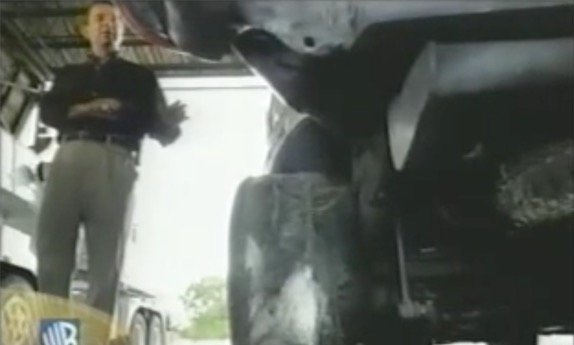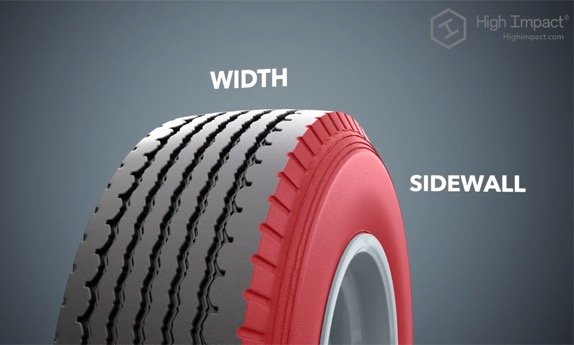RV Tire Failure
RVs, or recreational vehicles, are at a higher risk for tire failure, which is why regular maintenance and safety checks are so important. RV owners should have their vehicles inspected and checked out before and after any trip. If a tire fails on an RV, there is a greater chance it could result in a serious injury accident with a significant amount of property damage.
Common Causes of Tire Failure
Some of the more common causes of premature tire failure include:
- Underinflation
- Age of the tires
- Overloading
- Not rotating tires
- UV rays and ozone
How to Reduce Risk of Tire Failure
Start by ensuring your tires are inflated properly. Follow the tire manufacturer’s recommendations and monitor the pressure regularly. If your RV does not have a monitoring system for tire pressure, always have a manual tire gauge with you. Underinflated tires can lead to extreme heat build-up, which is what causes the tire to fail. Don’t be surprised to see your tires lose about one to two pounds of air pressure each month.
Maintaining the right weight is also a crucial aspect of reducing the risk of a tire failure. Your RV’s overall weight must be within the guidelines set forth by the tire manufacturer, and they are required to include the maximum allowed load tolerance on RV tires’ sidewalls. You should completely load up your RV with everything you plan to take, including passengers, fuel, cargo, propane tanks, water, etc. when you test the weight. Don’t forget that if you are towing a vehicle behind, take it to the scales as well. While you may not exceed the RV’s weight rating, you could be overloading each tire. Each axle must be weighed separately to determine whether or not you are within the tire’s rating limits and if the loaded weight is distributing properly.
Unless your RV is your primary residence, you may not be driving it as often as you would a regular vehicle. This means the RV is likely sitting in the sun for prolonged periods of time. Exposure to the sun and elements can increase the risk for damage. Look for sidewall cracks, which can be a sign of deterioration. Use covers that block out sunlight when your RV is not in use, or store your tires in a cool dry place away from the sun.
Having your tires rotated regularly is also important. If you notice one tire is wearing unevenly, it could be a sign of something more serious. If it turns out to be normal wear, rotating the tires can even out the wear and extend their life.
Defective Tires
There are situations where a tire is defective, and the manufacturer should be held responsible in these instances. Tire recalls are common, including ones designed for RVs. If you feel a tire was defective, you should file a complaint through the NHTSA, which could trigger a recall. In 2018, the NHTSA is looking into multiple complaints of Goodyear Class A motorhome tires failing.
In addition to filing a complaint, it’s important to retain an RV tire failure attorney if you’ve been involved in an accident due to a failed RV tire. Halpern Santos & Pinkert can assist you with a defective product claim and work to ensure the tire manufacturer is held responsible. Contact our office today at 305-445-1111 to schedule a consultation.












